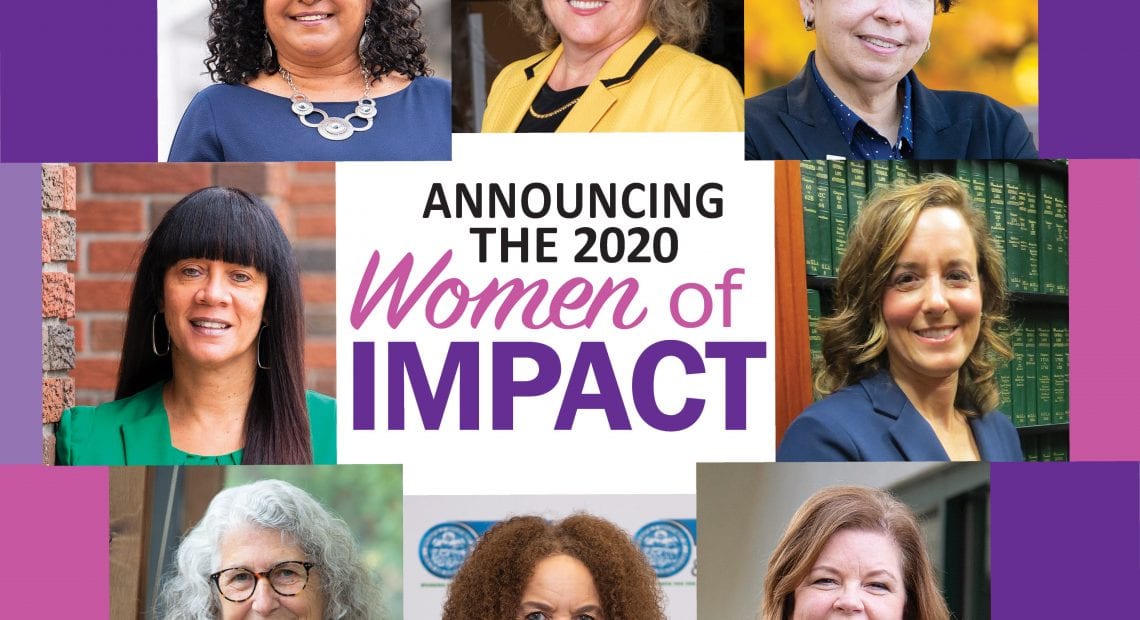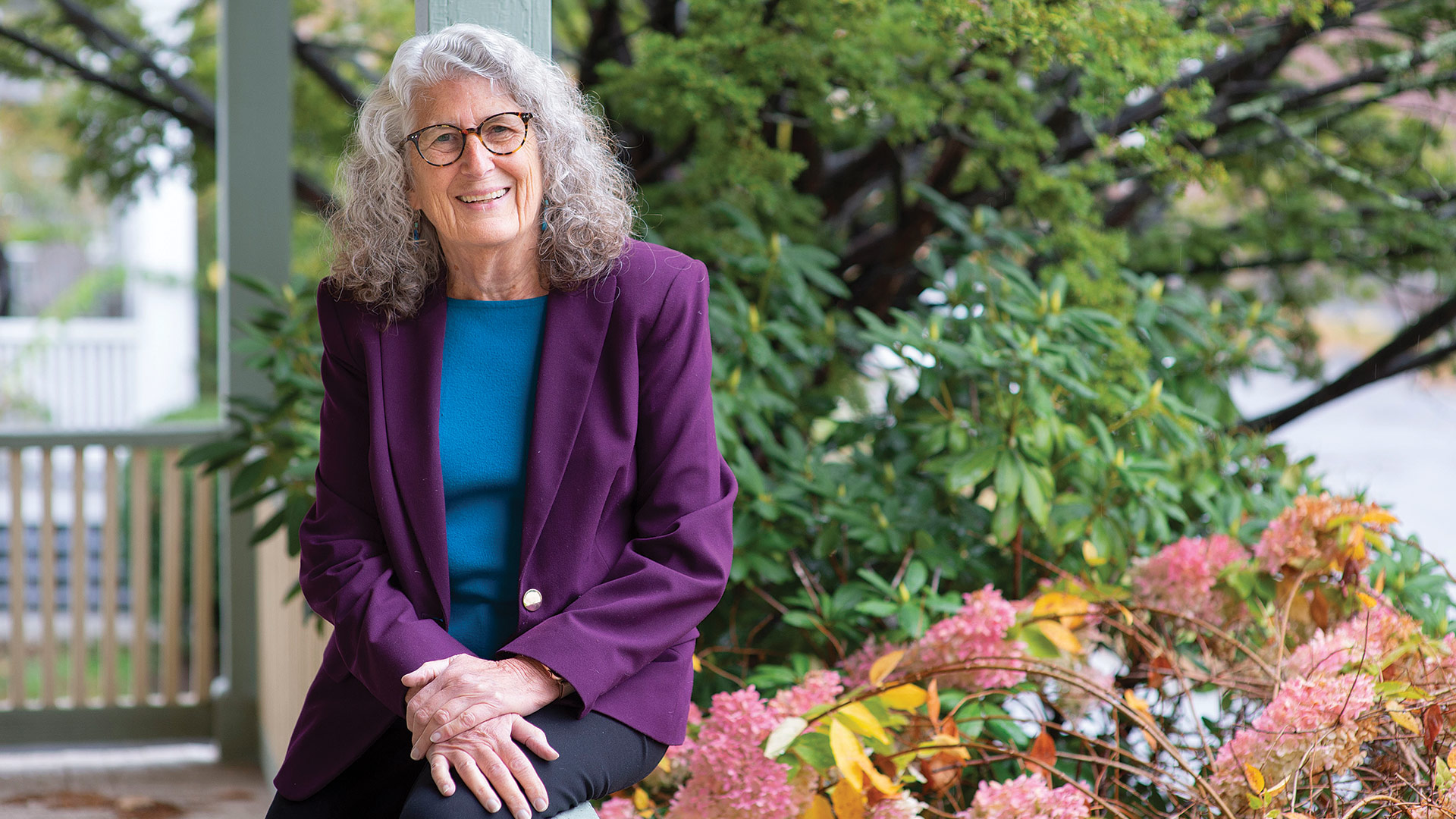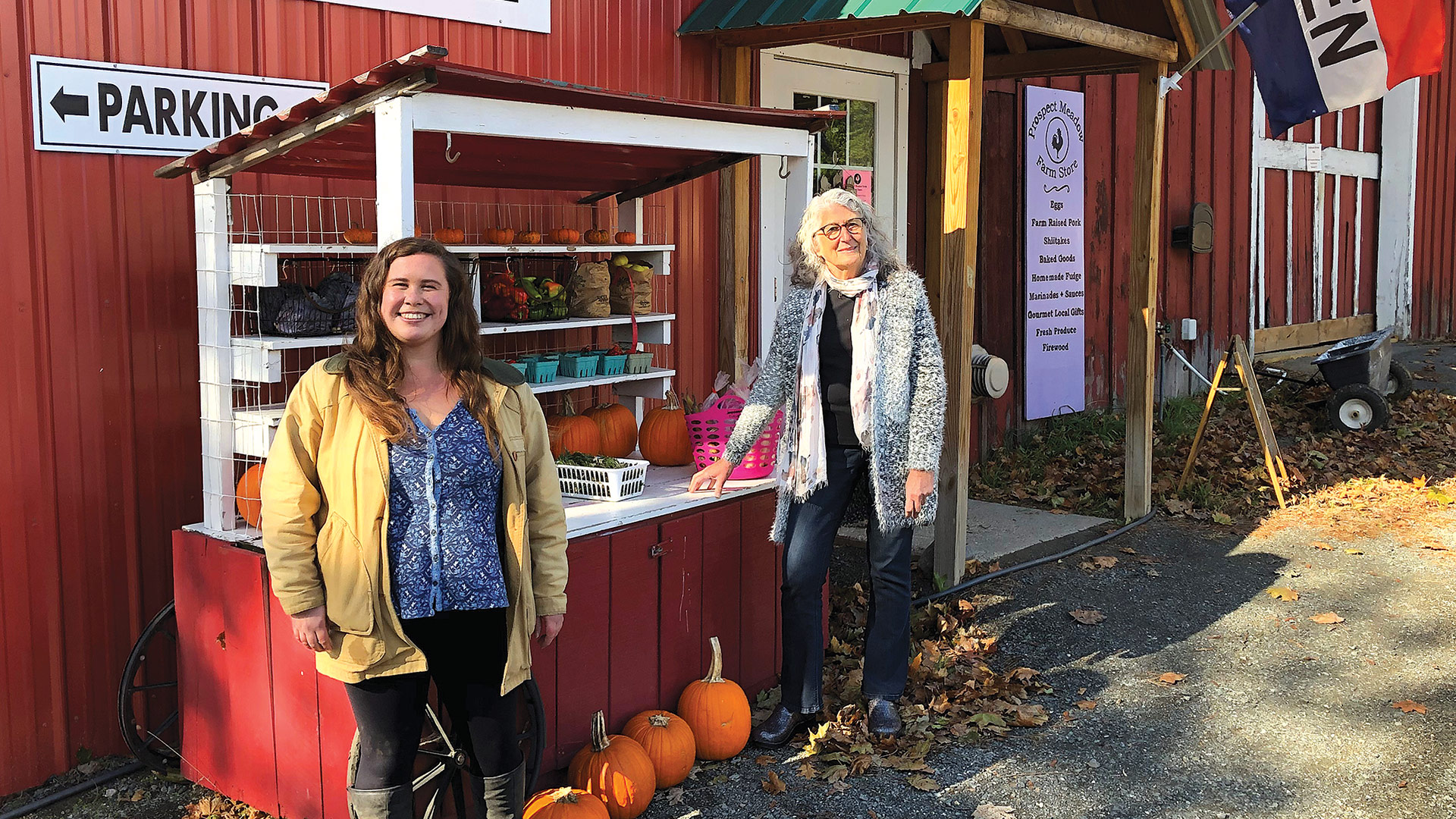
Sue Stubbs
President and CEO, ServiceNet
She’s Grown Her Agency by Recognizing Needs and Welcoming New Ideas

Sue Stubbs
Sue Stubbs has always thought like an entrepreneur.
“Even as a kid, I was thinking about business opportunities,” she said, recalling that, during her studies at Northeastern University, she’d walk through Boston’s Back Bay — which was littered with dilapidated buildings back then — between her train stop and the campus.
“I tried to convince may parents to buy a brownstone in the Back Bay, and they thought I was nuts. Now, look what’s happened in that neighborhood. It would have been a good idea.”
Fortunately, Stubbs has been able to shepherd myriad good ideas into practice as president and CEO of ServiceNet, which she has led since 1980. Actually, she worked for Valley Programs back then, and later oversaw its merger with Northampton Area Mental Health Services and Franklin Hampshire Community Mental Health Center; the new organization became ServiceNet in 1995.
Through those years and well beyond, she has grown the agency from 25 employees to 1,750 and its annual budget from $500,000 to $70 million. From its origins running a few group homes, ServiceNet’s range of services has expanded to include residential and day programs for people with mental illness, developmental disability, autism, and brain injury; outpatient behavioral health clinics in five communities; addiction services; vocational services; shelter and housing programs for people working their way out of homelessness; children’s services; and more.
“We’ve been open to new opportunities, always looking at the next thing coming down the pike and asking, ‘how can we meet a need or take advantage of an opportunity?’”
“It’s very gratifying,” she said of that growth and her 40 years of, well, impact. “Not just in terms of staff and money, but in terms of the people we’re serving. And it’s not just due to me — it’s due to a lot of people, and a lot of collaboration with the state. We pride ourselves on being a good partner with the state.”
Among its many innovations over the years, ServiceNet:
• Established Prospect Meadow Farm in Hatfield, a working farm — staffed by individuals with developmental disabilities or autism — that has become one of the largest producers of log-grown shiitake mushrooms in Western Mass.;
• Created two multi-faceted enrichment centers for people with brain injury, which provide intensive rehabilitation services in partnership with area universities’ training programs, as well as social networking, programming in fitness and the arts, and opportunities for community service — a model that has become a standard across Massachusetts;
• Has become the first mental-health agency in Massachusetts to adopt an integrated electronic medical record, using aggregated data to track the impact of various outpatient clinical services over time;
• Partnered with academic leaders at area universities on applied research projects with ServiceNet’s own research team;
• Launched the Western Massachusetts PREP (Prevention and Recovery in Early Psychosis) program, an intensive, evidence-based day program for young people, designed to speed recovery and help prevent long-term, chronic mental illness; and
• Developed intensive residential programming for individuals with developmental disability who have also been diagnosed with mental illness.
“Some agencies keep doing the same thing for years and years, and they have one mission, and it’s narrow, and that’s all good,” Stubbs told BusinessWest. “When someone comes to me with an idea or a need that’s been identified and nobody else is stepping up, we’ve had a tendency to try to problem-solve and step up.
“That’s how we’ve grown,” she continued. “We’ve been open to new opportunities, always looking at the next thing coming down the pike and asking, ‘how can we meet a need or take advantage of an opportunity?’”
Calculated Risks
She’s always done so with an entrepreneurial mindset, thinking like a for-profit business might, with an eye toward calculated risk taking and a willingness to seize opportunities for growth and diversification when they come into view rather than remaining on the sidelines and playing it safe.

Sue Stubbs, pictured with Allie LeClair, assistant director of Prospect Meadow Farm in North Hatfield, says the farm and its store have been revenue generators in addition to the farm’s therapeutic benefits.
Take, for example, day programs for people with acquired brain injuries. There were no such facilities in the region, said Stubbs, before ServiceNet began developing its own — and the state changed its outlook on the need for such programs. While services existed for people with developmental disabilities, she noted, “brain-injury patients usually ended up in nursing homes, where they weren’t getting the help they needed. The state now funds those services.”
Another example is Prospect Meadow Farm, which was developed around the value of connecting with living things, both animals and plants, for many clients with intellectual disabilities, autism, or brain injury. While it indeed serves that purpose — Stubbs tells of clients who have opened up like never before — its shiitake production and a café produce revenue that supports other ServiceNet programs.
That entrepreneurial mindset isn’t shared by every social-service organization, she noted.
“I guess some people are more risk-averse and worry more about bad outcomes. My feeling is, if something doesn’t work out, you have to be prepared to admit you’re wrong and you have to be prepared to fail fast,” she said, adding that ServiceNet has done exactly that on occasion.
“You can’t hold on to a project when you find fatal flaws or it’s too much of a struggle and it diverts energy from other things. You have to be willing to say, ‘this is not a project we should be doing,’ and be willing to cut your losses.”
She admits she may be more cautious these days — “I took more risks when I was younger, and didn’t think as much about contingency plans” — but one thing hasn’t changed, and that’s a focus on hiring people with both good business sense and “fire in the belly” when it comes to helping people, two traits that go hand in hand, she said.
“People ask, ‘how does an organization get its culture or its outlook, and how does the CEO make people feel the same way she does? How does it happen?’ It’s kind of an organic process, where people tend to hire and promote people who fit in with how they think.”
So, even though the management team at ServiceNet is diverse when it comes to age, gender, and nationality, “they’re people who have that entrepreneurial spirit, or step-up kind of spirit, that I have, and they end up being people who resonate with my way of thinking, so I promote them.”
That team has had a difficult year for sure, especially challenging the group homes, which obviously couldn’t close when much of the economy shut down in March; some managers worked extra hours, while temporary staff were brought in to cover those who were unable to work due to COVID-19 concerns.
The outpatient clinics had a different challenge, but ramped up virtual appointments quickly once the state made them billable.
“That allowed therapists to work at home, and we hardly skipped a beat in seeing our clients. It’s amazing how quickly therapists and clients adapted to it and liked it,” Stubbs said, adding that, while it can never replace all in-person visits, the remote model does have a future; for one thing, it has decreased the no-show rate.
“For some people, it may be a better option,” she said, adding that ServiceNet has also been able to expand its workforce pool by allowing employees to work at home. “Sometimes, out of adversity come good discoveries. We hope we can keep billing for remote forever.”
Making Things Happen
In her Women of Impact nomination form, Amy Swisher, ServiceNet’s vice president of Community Relations, called Stubbs “a visionary leader, insightful therapist, and restless entrepreneur who never stops innovating. Sue understood the power of possibility thinking long before this concept hit the mainstream.”
That remains true today for someone who has never been afraid of new ideas, and always encouraged her team to think outside the box.
“If we’re sitting around with our management team and somebody says, ‘hey, I have this idea, but it may sound crazy,’ everyone goes, ‘no, it doesn’t sound crazy. Maybe we can make that happen,’” Stubbs said. “People fill out each other’s ideas — and we’ve made a lot of things happen that way.”
Joseph Bednar can be reached at [email protected]





